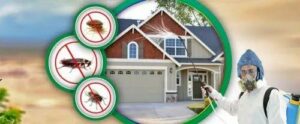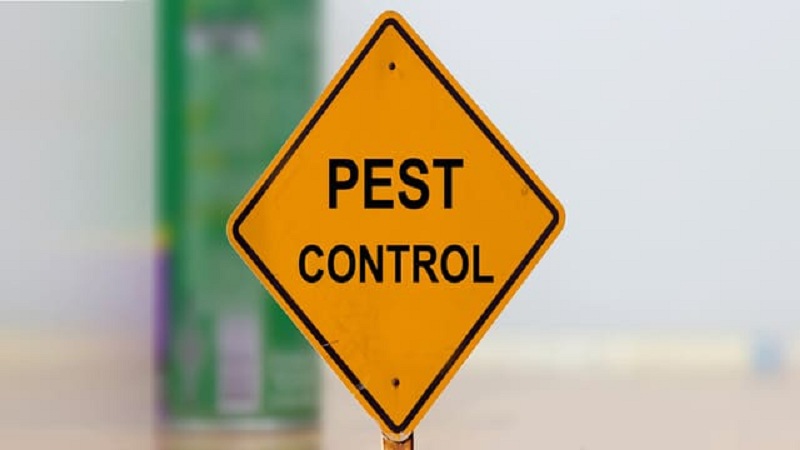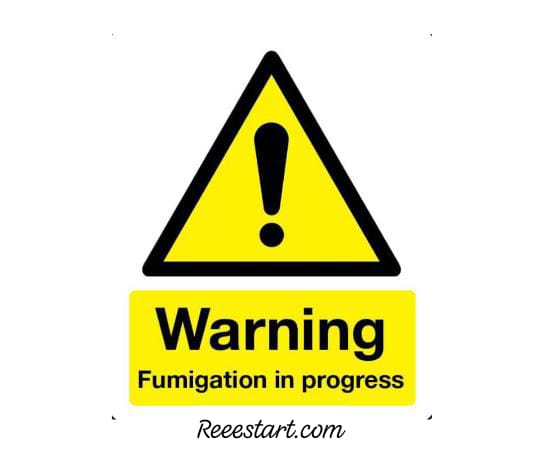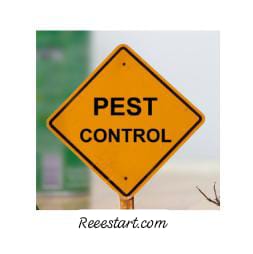Challenges in Pest control Industry for insects, rodents, and reptiles are among the most rapidly growing commercial activities. The engineers and technicians working in pest control companies are risk-takers and adventure lovers who bear more responsibility to save more people by providing timely and necessary assistance. However, despite the industry’s growth and the critical role it plays in ensuring public health and safety, the pest control business faces several challenges that require careful consideration and effective strategies to overcome.
The Main Challenges in Pest Control Industry
All pest control companies work towards ensuring the safety of their clients and protecting them from pesky and dangerous pests by employing effective pest control methods. Here, we will discuss some significant challenges that every pest control business owner should be aware of and prepared to face to remain competitive and successful in the long run.
The Work is Seasonal and Peaks in Summer
One of the primary challenges in the pest control industry is its seasonal nature. The demand for pest control services often peaks in the summer when pests such as insects and rodents are more active in their search for food and shelter.
However, this seasonal demand creates a challenge for pest control companies to maintain a steady stream of business throughout the year. During the winter months, many pests become less active, leading to a decline in the number of service calls.
To address this challenge, pest control companies need to diversify their services and develop strategies to attract customers during the off-peak seasons. This may include offering preventative maintenance packages, such as:
- educating clients about the importance of year-round pest control.
- providing services that cater to the specific pest issues that arise during winter.
By preparing their teams and marketing efforts for the winter season, companies can ensure that they meet their financial needs and provide sufficient work for their employees, even during slower periods.

Preference for Natural Pest Control Methods
Another significant Challenges in Pest Control Industry are the growing preference among customers for natural and eco-friendly pest control methods.
- More than 90% of people are reluctant to use chemical treatments for pest control in their residential and commercial properties due to the risk factors and potential side effects associated with pesticides.
- These chemicals can pose dangers to children, pets, and the environment, leading many clients to seek alternative solutions.
Pest control companies must adapt to this shift in customer preferences by adopting Integrated Pest Management (IPM) practices, which emphasize the use of non-toxic, sustainable, and natural methods for pest control.
By offering green and eco-friendly services, companies can differentiate themselves in the market and meet the evolving demands of their clients. While the transition to eco-friendly pest control can be challenging, the long-term benefits include increased customer satisfaction, reduced environmental impact, and compliance with regulatory standards.
Urgent Demand for Services
In the pest control industry, quick response times are crucial to meet the needs of clients who often require services urgently. Whether dealing with a sudden infestation or addressing a recurring pest problem, customers expect prompt and efficient service. Meeting these expectations can significantly impact a company’s reputation and customer retention rates.
To ensure quick response times, pest control companies must invest in operational efficiencies such as:
- maintaining a fleet of fully equipped service vehicles and implementing advanced scheduling and dispatch systems.
- Additionally, offering 24/7 emergency pest control services can provide a competitive edge and build trust with clients who know they can rely on the company in urgent situations.
- Effective communication and customer service are also vital components of responding promptly to client needs and ensuring their satisfaction.
Addressing the Challenges in Pest Control
Given these challenges, pest control companies must adopt a proactive and flexible approach to thrive in the competitive market. Here are some strategies to address the main challenges:
Diversify Services and Seasonal Marketing
To counteract the seasonal nature of the pest control business, companies should consider diversifying their service offerings:
- This might include providing wildlife control, lawn care, and home maintenance services that can generate revenue during off-peak seasons.
- Additionally, targeted marketing campaigns that educate customers about the benefits of year-round pest control can help maintain a steady flow of business throughout the year.
Embrace Eco-friendly Practices
Adopting eco-friendly pest control methods and IPM practices can help companies meet the growing demand for natural solutions:
- Investing in training and certification programs for technicians ensures that they are knowledgeable about sustainable practices and can effectively implement them.
- Highlighting the company’s commitment to environmental responsibility in marketing materials can attract environmentally conscious clients and set the business apart from competitors.

Enhance Operational Efficiency and Customer Service
Improving operational efficiency through technology and streamlined processes can enhance response times and overall service quality. Investing in software solutions for scheduling, dispatch, and customer relationship management can improve coordination and communication within the company. Providing ongoing training for technicians on customer service skills can ensure that clients receive professional and courteous service, leading to higher satisfaction and loyalty.
The pest control business, while essential and growing, faces several challenges that require thoughtful strategies and continuous adaptation. By addressing the seasonality of the industry, embracing eco-friendly practices, and ensuring quick and efficient responses to customer needs, pest control companies can overcome these challenges and build a successful and sustainable business. With the right approach, pest control professionals can continue to protect public health and safety while meeting the evolving demands of their clients.




